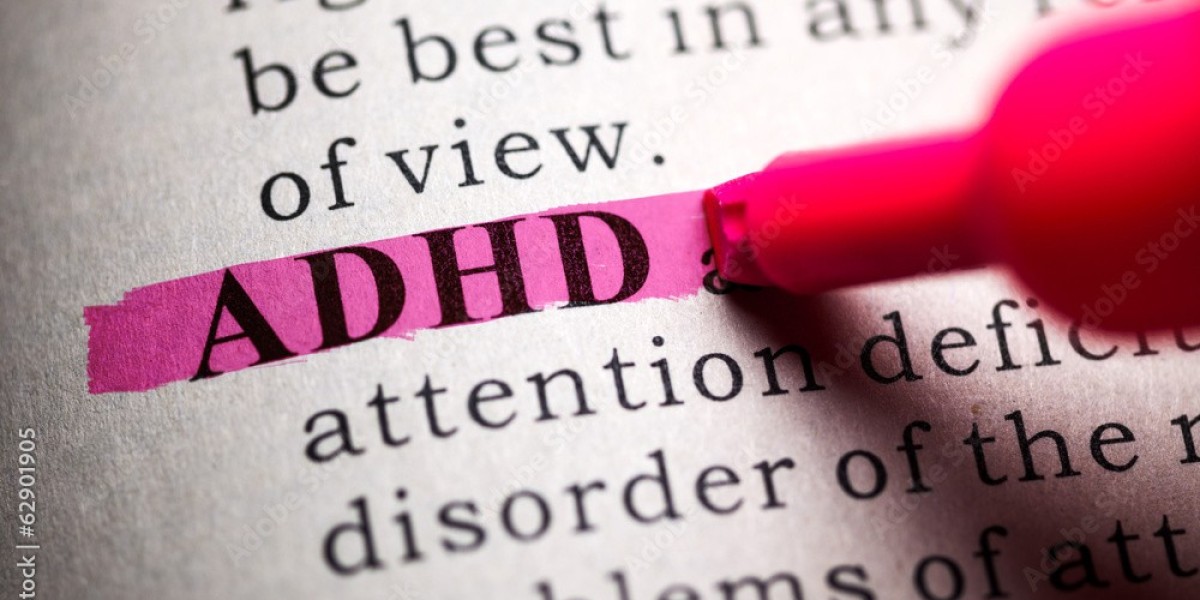Attention Deficit Hyperactivity Disorder (ADHD) can significantly impact various aspects of life, including academic performance, work efficiency, and interpersonal relationships. One of the less obvious but deeply felt consequences of ADHD is its effect on self-esteem. Individuals with ADHD often struggle with feelings of inadequacy, frustration, and low self-worth due to the challenges associated with their symptoms. Building self-esteem is crucial for improving overall well-being and achieving personal success. This article explores the impact of ADHD on self-esteem and offers strategies for fostering a positive self-image.
Understanding the Impact of ADHD on Self-Esteem
ADHD can undermine self-esteem through various mechanisms:
Academic Challenges: Difficulty in focusing, organizing, and completing tasks can lead to poor academic performance, resulting in negative feedback from teachers and peers.
Workplace Difficulties: Inattentiveness and impulsivity can affect job performance, leading to criticism from supervisors and colleagues, which can erode confidence.
Social Struggles: Impulsive behaviors and social misunderstandings can strain relationships, making individuals feel isolated or misunderstood.
Internal Criticism: The constant struggle to meet expectations and the frequent experience of setbacks can lead to negative self-talk and a diminished sense of self-worth.
Strategies for Building Self-Esteem
Building self-esteem in individuals with ADHD requires a multifaceted approach, focusing on recognizing strengths, setting achievable goals, fostering supportive relationships, and promoting a positive mindset.
1. Recognizing Strengths and Talents
Identify Strengths: Encourage self-reflection to identify personal strengths and talents. This could include creativity, problem-solving skills, empathy, or physical abilities.
Celebrate Achievements: Acknowledge and celebrate even small successes. Keeping a journal of accomplishments can help track progress and boost self-esteem.
Focus on Positive Attributes: Shift the focus from shortcomings to positive attributes. This helps create a balanced self-view.
2. Setting Achievable Goals
SMART Goals: Set Specific, Measurable, Achievable, Relevant, and Time-bound (SMART) goals. Breaking larger goals into smaller, manageable steps can make them less overwhelming and more attainable.
Progress Tracking: Keep track of progress towards goals. Regularly reviewing progress can provide a sense of accomplishment and motivate continued effort.
Flexibility: Allow flexibility in goals to accommodate the unique challenges of ADHD. Adjusting goals as needed can prevent feelings of failure.
3. Developing Effective Coping Strategies
Organizational Skills: Develop organizational skills to manage daily tasks more efficiently. This can include using planners, to-do lists, and reminders.
Time Management: Practice time management techniques, such as prioritizing tasks, breaking them into smaller steps, and using timers to stay on track.
Mindfulness and Relaxation: Incorporate mindfulness practices and relaxation techniques to reduce stress and improve focus. Mindfulness can help individuals become more aware of their thoughts and emotions, promoting better self-regulation.
4. Fostering Supportive Relationships
Positive Social Connections: Build and maintain relationships with supportive and understanding individuals. Positive social interactions can reinforce a sense of belonging and self-worth.
Communication Skills: Develop communication skills to express needs and feelings effectively. Assertive communication can help in establishing healthy boundaries and reducing misunderstandings.
Seek Professional Help: Consider therapy or counseling to address self-esteem issues. Therapists can provide valuable strategies and support for managing ADHD and improving self-esteem.
5. Promoting a Positive Mindset
Positive Self-Talk: Challenge and replace negative self-talk with positive affirmations. Reframing negative thoughts can help build a more positive self-image.
Gratitude Practice: Practice gratitude by regularly acknowledging and appreciating positive aspects of life. Keeping a gratitude journal can help shift focus from negative experiences to positive ones.
Self-Compassion: Practice self-compassion by treating oneself with kindness and understanding, especially during challenging times. Recognize that everyone has strengths and weaknesses.
6. Engaging in Activities that Boost Confidence
Hobbies and Interests: Engage in hobbies and interests that bring joy and satisfaction. Activities that one is passionate about can provide a sense of accomplishment and boost confidence.
Physical Exercise: Incorporate regular physical exercise into daily routines. Exercise can improve mood, reduce stress, and enhance overall well-being.
Volunteer Work: Participate in volunteer work or community service. Helping others can provide a sense of purpose and improve self-esteem.
Building Self-Esteem in Children with ADHD
Children with ADHD often face unique challenges that can impact their self-esteem. Here are some specific strategies to help children build self-esteem:
1. Positive Reinforcement
Encouragement and Praise: Provide frequent encouragement and praise for efforts and achievements, no matter how small.
Reward Systems: Implement reward systems to recognize and reinforce positive behaviors and accomplishments.
2. Parental Support
Understanding and Patience: Show understanding and patience towards the child’s struggles. Avoid criticism and focus on constructive feedback.
Involvement in Activities: Encourage participation in extracurricular activities that align with the child’s interests and strengths.
3. Educational Support
Individualized Education Plans (IEPs): Work with educators to create individualized education plans that accommodate the child’s needs and strengths.
Positive School Environment: Advocate for a positive and supportive school environment that fosters the child’s self-esteem and learning.
The Role of Therapy in Building Self-Esteem
Therapy can play a crucial role in building self-esteem in individuals with ADHD. Different therapeutic approaches can be beneficial:
1. Cognitive Behavioral Therapy (CBT)
Cognitive Restructuring: CBT helps individuals identify and challenge negative thought patterns, replacing them with more positive and realistic thoughts.
Behavioral Strategies: CBT provides practical strategies for managing ADHD symptoms, which can improve functioning and self-esteem.
2. Dialectical Behavior Therapy (DBT)
Emotion Regulation: DBT teaches skills for managing intense emotions, which can reduce impulsive behaviors and improve self-esteem.
Interpersonal Effectiveness: DBT focuses on improving communication and relationship skills, fostering a positive self-image.
3. Mindfulness-Based Therapies
Mindfulness Practices: Mindfulness-based therapies promote awareness and acceptance of thoughts and emotions, reducing negative self-judgment.
Stress Reduction: Mindfulness techniques can help manage stress and enhance overall well-being.
Conclusion
Building self-esteem is a vital aspect of managing ADHD and improving overall quality of life. By recognizing strengths, setting achievable goals, developing effective coping strategies, fostering supportive relationships, promoting a positive mindset, and engaging in confidence-boosting activities, individuals with ADHD can enhance their self-esteem. Therapy can provide additional support and strategies for addressing self-esteem issues. With patience, persistence, and the right tools, individuals with ADHD can build a strong sense of self-worth and achieve their full potential.


